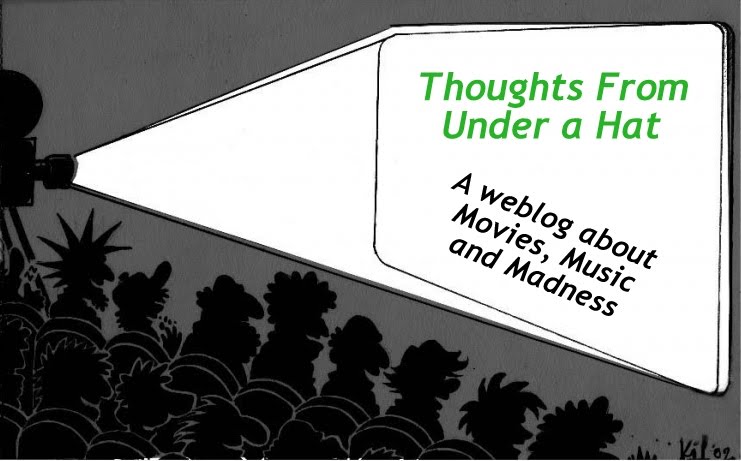Film historians usually think in periods when they talk about cinema. For example, the period between 1910 and 1960 is usually called "classical hollywood". When we talk about "Hollywood movies", we talk about a system of movie making that was developed and used in this period. Then came the "new Hollywood", in which brave new directors made more experimental films with a lot of violence and sex, partly inspired by foreign movies. What is interesting about Kubrick is that his works rarely confine to the period they are made in. They follow their own chronology. His early works are genre films of genres that were dead already at the time. And his later films really stand on their own. His work can often only be explained as being Stanley Kubrick's, instead of the product of the times. This makes him even more interesting to study as an artist.
His beard alone kicks more ass then most other directors.
So, what makes his films some of the greatest ever? There are many different explanations. On a purely technical level, Kubrick was definitely an innovator. He was one of the first to make extensive use of tracking shots and he used lenses from the goddamn NASA so he could film with only candlelight on Barry Lyndon. He was also a notorious perfectionist: one scene from The Shining was reshot 148 times, which is a world record. Shelley Duvall literally got a nervous breakdown from working with him.
But his technical mastery isn't the main reason I'm so in love with Kubricks work. There are other directors who are perhaps even better on a purely technical level whom I literally don't give a shit about (here's looking at you, Federico). One of the main reasons I love Kubrick so much is the way his movies have affected me. Full Metal Jacket made me almost suicidal, The Shining made me pretty much crap my pants and even Barry Lyndon, a costume drama of all things, made me wonder about the sharp dividing line between good and evil in fiction and real life.
And the way he handles good and evil is the other main reason Kubrick fascinates me so. Every time I have seen one of his movies, and caught my breath again, I start to wonder: who is the bad guy in the movie? Who is the good guy? And the answer is always the same: there isn't one. We as an audience are eager to accept a black and white dividing line between good and evil in our entertainment, but Kubrick completely pulls that rug out from under us.
Alex DeLarge from A Clockwork Orange is a demented, sadistic murdered, but you have to wonder if he is really the worst person in the story. Maybe he is just honest about the rotten state of the world.
Many horror movies take the easy route of presenting a monster straight out of hell as a villain, but The Shining does things differently. Jack Torrance starts off as a (reasonably) sane person, whose descent into madness we witness in it's entirety. Is he really evil, or just the wrong person in the wrong place? Is the Overlook Hotel the real evil force here?
Even in his (only) comedy, Dr. Strangelove, Kubrick makes us laugh and wonder at the bizarreness of everything around us. "Gentlemen! You can't fight here! This is the war room!", the president of the US exclaims in shock after one of his generals and the Soviet ambassador have started brawling.
Kubrick's films can be easily seen as deeply ironic and pessimistic portrayals of everyday life. He seems to say: "This is where it's at. Where is your god now?" before punching you in the face and stealing your wallet and your girlfriend. But I don't buy that. Kubrick as an artist is too complex and deep to simply assume he thinks that way. It's like saying he was a sex maniac because sexuality is common theme in his films. It's all just part of life. The way I see Kubrick is as somebody who stares into the void of society. He wants to change it, but he alone can do so little. So, as an artist, he pulls off the mask of the hypocrites and shows us our true face. And maybe that is the very best an artist can try to achieve.
Amen.
Alias
In case you didn't notice, I always pick songs that I think brings across the atmosphere of the movie. Picking a song for an entire life was really hard, but I decided upon this one.

No comments:
Post a Comment